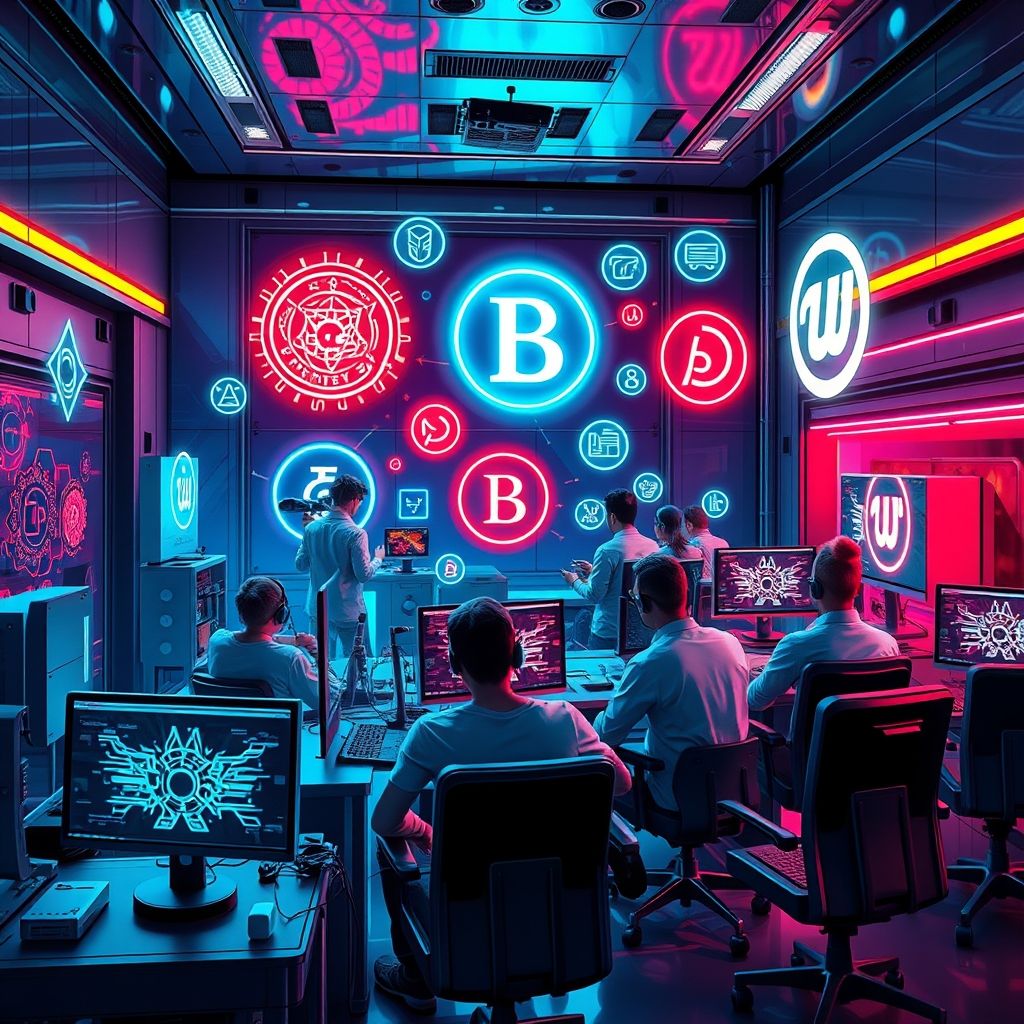How does intellectual property affect derivative games?
How Does Intellectual Property Affect Derivative Games?
Imagine pouring hours of creativity into designing a mod, a spin-off, or a new twist on an existing gaming universe—only to find yourself tangled in copyright debates or legal roadblocks. That’s the real-world challenge for developers and entrepreneurs riding the wave of derivative games. When it comes to remixing, reimagining, or expanding an existing IP, understanding how intellectual property (IP) shapes the process isn’t just smart, it’s essential.

Navigating the Creative Curveball: Why IP Matters
At its core, intellectual property rights—think trademarks, copyrights, patents—serve as the legal guardians of originality. For derivative games, which build on existing IPs, these rights define what you can and cannot do. Launch a game that heavily relies on popular characters or settings without permission, and you’re flirting with legal trouble. That’s why game creators often have to negotiate licensing agreements or obtain permission before releasing their projects. Without that clear boundary, even a brilliant idea can morph into a costly lawsuit waiting to happen.
When IP Becomes a Game Changer: Opportunities and Limitations
Making a game inspired by a blockbuster franchise might seem like a shortcut to immediate recognition, but it’s a double-edged sword. On one hand, leveraging familiar IP can boost visibility, attract fans, and reduce marketing costs—imagine the buzz that a new "Star Wars" mod could generate. On the other hand, strict IP enforcement can limit creative freedom. Disney, for example, fiercely protects its characters and universe, often shutting down unlicensed projects swiftly. So, while a popular IP opens doors fast, crossing legal boundaries can slam them shut just as quick.
The Balance of Power: How IP Shapes Industry Strategy
Developers and investors in the gaming space recognize the importance of IP not just for exclusivity but for long-term ecosystem stability. Licensing deals, co-branding, or even creating original IPs inspired by popular themes but with distinct elements can be lucrative. Think about games like "Minecraft" or "Fortnite"—they build on existing cultural phenomena but have carved out unique identities, giving them both creative freedom and legal safety.
The Future of Derivative Games: Tech, Trends, and Challenges
As the gaming industry leans more into Web3 and decentralized platforms, the role of IP is evolving. Blockchain-based ownership through NFTs can give players true ownership of in-game assets, but it complicates IP rights—who owns a skin or a weapon? These questions are just beginning to be explored. Meanwhile, advancements in AI open new doors for generating content, but they also raise questions about originality and rights. Overcoming regulatory hurdles, ensuring fair licensing, and preventing infringement will be critical as the industry looks ahead.
Embracing Innovation, Respecting Boundaries
In a world where derivative games flourish thanks to technological leaps—be it smart contracts or AI-powered design—respect for IP remains a cornerstone of sustainable growth. Companies that strike a balance between innovation and legal propriety aren’t just avoiding trouble—they’re paving the way for a resilient, dynamic gaming ecosystem.
Because in an industry driven by creativity, respecting intellectual property isn’t just a rule—it’s the foundation of future growth.
Looking ahead, whether it’s decentralized finance, AI-driven trading, or new forms of digital asset exchange, understanding how IP influences these realms offers a vital edge. As patterns emerge and boundaries evolve, staying informed is the key to unlocking new potential while avoiding pitfalls. In the end, respecting intellectual property fuels not just a game’s success, but the industry’s entire innovative spirit.